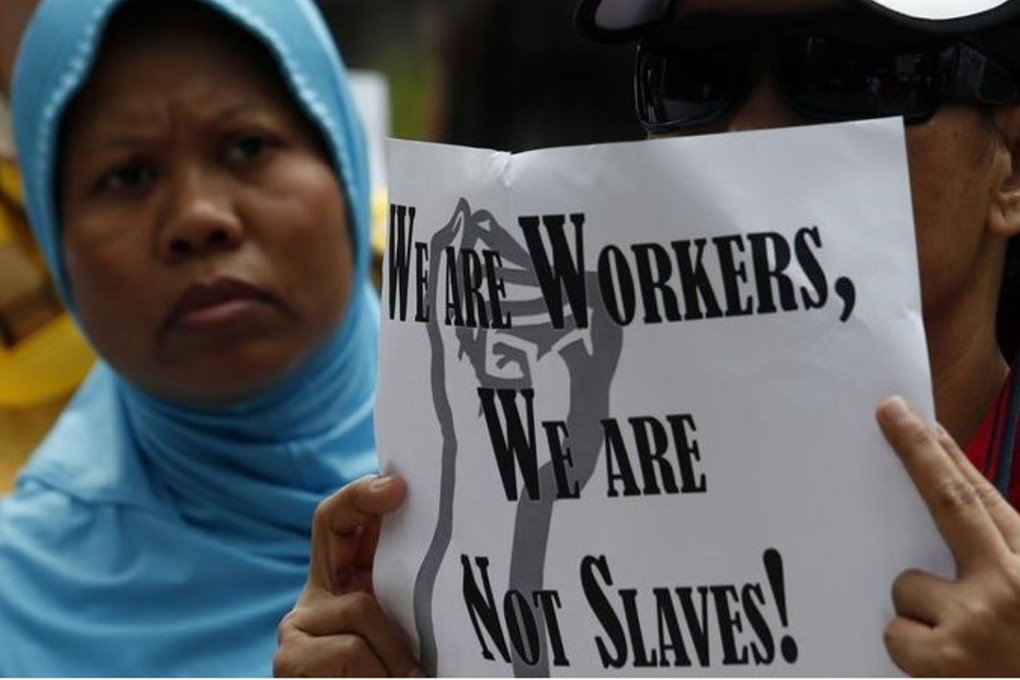Just Saying | If you don’t like it here, get out: why Hong Kong’s downtrodden domestic helpers can never win
Yonden Lhatoo asks what hope there is for this marginalised but vital sector when, instead of addressing their grievances, we argue they are welcome to leave if life here is unbearable

“If you don’t like it here, you can always leave, go back to where you came from,” is a regular refrain in Hong Kong to discourage the less fortunate among us from speaking out about their plight.
It has to be the most defeatist argument in defence of existing ills in society and the biggest impediment to progress, this boneheaded belief that only a bona fide son of the soil has the right to complain and anyone else should either just suck it up or go away.

“It cannot seriously be argued that the imposition of the live-in requirement would directly constitute, or give rise to, a violation of the [foreign domestic helper’s] fundamental rights,” he said. “If, after coming to work in Hong Kong, the foreign domestic helper finds it unacceptable, for any reason, to reside in his/her employer’s residence, it is well within his/her right or power to terminate the employment.”

